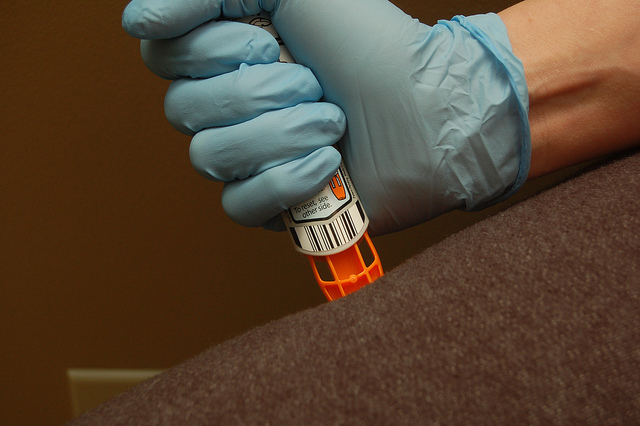US President Donald Trump has a lot on his plate these days, but that didn’t stop him from proposing a ruling that could change the pharmaceutical industry forever.
If finalized, the ruling would allow for the importation of certain prescription drugs from Canada into the US. Prescription drugs that are manufactured abroad and authorized for sale in any foreign country will also be brought in, as long as they align with the quality and safety standards of the US Food and Drug Administration (FDA).
All this to support President Trump’s mission to lower drug costs for American patients.
“These are historic actions by the Department of Health and Human Services (HHS) and the FDA, and they represent the bold nature of President Trump’s agenda for lowering drug costs,” said HHS Secretary Alex Azar in a statement. “The President has recognized the opportunity to lower costs for American patients through safe importation, and we at HHS and FDA are delivering on that possibility through a safe, commonsense approach.”
President Trump initially hinted at the Canadian drug importation plan over the summer to the approval of several US states and dismay of some Canadian health groups. Innovative Medicines Canada warned that bulk drug exports could potentially deplete the Canadian drug supply.
But not all drugs will be able to cross the border and be sold for cheap in the US. In this early draft, eligible prescription drugs do not include biologics or controlled substances as defined in the Controlled Substances Act, meaning patients will have to buy their insulins and prescription opioids from American pharmacies. However, drug companies can obtain an additional National Drug Code (NDC) for certain drugs and biologics that are manufactured abroad and intended to be marketed abroad.
While US patients will still have to cope with costly biologic drugs, they could have access to cheaper HIV and hepatitis C treatments, both chronic conditions that require lifelong medication. This means Gilead, one of the biggest manufacturers of HIV and hepatitis C drugs — which cost between about $3000 and $89,000 per month, respectively — could experience major losses. The company has already butt heads with the White House when they were sued for infringing on government patents that saw the company pocketing billions of dollars’ worth of taxpayer money.
The notice of proposed rulemaking (NPRM) allows states and non-federal government entities to submit importation program proposals for FDA review. The importation program is meant to outline the safety, quality, efficacy and product labeling standards that each drug product would adhere to as they gain entry into the US. Some states have already begun submitting plans.
Meanwhile, industry trade lobby group Pharmaceutical Research and Manufacturers of America (PhRMA) chastised the White House for putting “politics over patients.”
The draft guidance won’t be published on the Federal Register until next Monday, at which point the FDA and HHS will welcome 60 days for comment.











Join or login to leave a comment
JOIN LOGIN